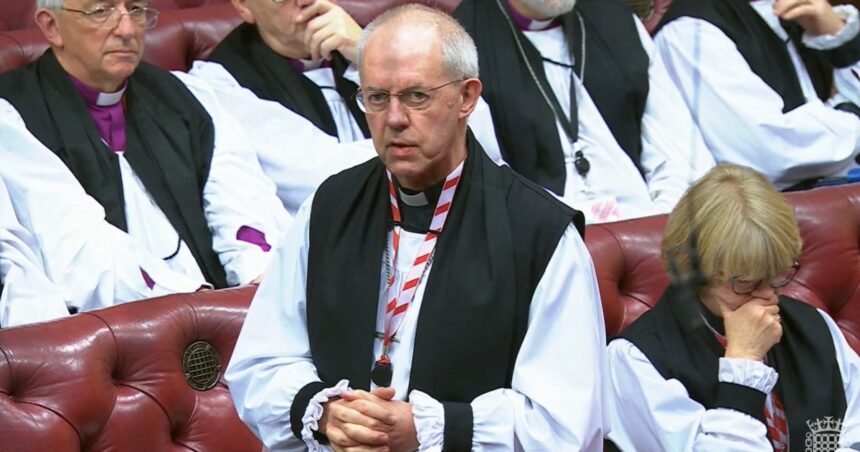The Church of England is currently facing a long-overdue reckoning in Africa. The Archbishop of Canterbury, Justin Welby, recently announced his resignation following an independent review that exposed his failure to report the prolific abuser John Smyth to the authorities.
Smyth, who was responsible for physically, sexually, and psychologically abusing over 100 boys and young men at Church of England-affiliated summer camps in England, South Africa, and Zimbabwe, passed away in 2018 without facing any consequences for his actions.
The independent review of Smyth’s crimes and the Church’s attempts to cover them up paint a disturbing picture. Despite the Church identifying Smyth’s abuse as far back as 1982, he was never brought to justice or publicly exposed. Instead, he was allowed to leave the country and continued his abuse in Zimbabwe, where he is believed to have victimized at least 80 boys.
One particularly tragic incident occurred in Marondera in 1992, where a 16-year-old boy named Guide Nyachure drowned under suspicious circumstances at a camp run by Smyth. Despite initial charges of culpable homicide against Smyth, the case was mysteriously dropped, allowing Smyth to evade accountability once again.
Sadly, Smyth’s actions were not isolated, as clergy abuse of children appeared to be rampant in various settings in Zimbabwe during that time. Reports of abuse at Catholic boarding schools, such as St Ignatius, St George’s College, and St Francis Xavier, emerged over the years, with victims recounting horrific experiences of abuse at the hands of priests.
While one of the priests accused of abuse, James Chaning-Pearce, was eventually convicted in England for indecent assault against boys at a Jesuit school, the Catholic Church failed to hold him accountable for his actions in Zimbabwe. This lack of accountability has resulted in countless victims being denied justice for the abuse they suffered.
It is crucial for both the Catholic and Anglican churches in Africa to conduct thorough inquiries into historical sex abuse at their institutions, providing African victims with the acknowledgment and accountability they deserve. The recent acknowledgments and promises of change from church leaders are a step in the right direction, but they must extend to all victims, regardless of their race or nationality.
The silence and coverups surrounding clergy abuse in Africa must come to an end, and swift action must be taken to address the pain and suffering experienced by victims. Only by facing the truth and seeking justice for all victims can the church truly begin to heal and create a safer environment for future generations.










